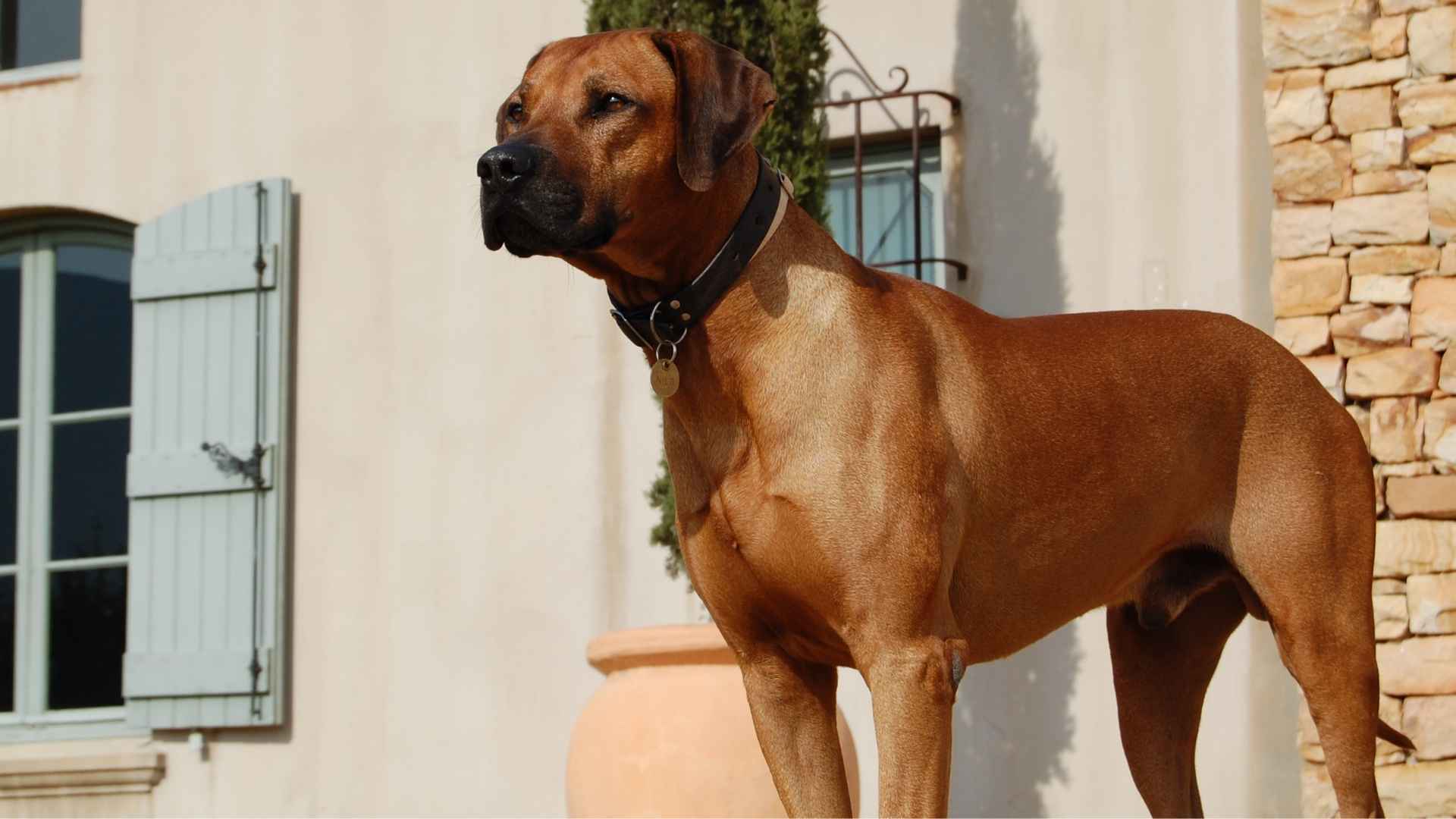When it comes to protecting your home, one of the most under-appreciated allies is a well-trained guard dog. Studies show that neighbourhoods with higher numbers of dog-owning households experience about one-third fewer robberies than those with fewer dogs.
Beyond the neighbourhood effect, guard dogs provide real tactical value: they detect intruders, alert owners, and act as a deterrent simply by their presence. Research into home-invasion prevention notes that “big, loud dogs” are among the most effective deterrents.
In this article, we’ll explore some excellent guard dogs that combine unwavering loyalty with genuine guarding instincts. You’ll discover how each one protects not just property—but family, too.
We’ll cover the characteristics that make a dog an effective protector: temperament, trainability, loyalty, and readiness to respond. Whether you’re looking to safeguard a suburban residence or a rural estate, the right breed matters.
Read on to learn which loyal companions can stand guard, day and night, offering peace of mind while strengthening the bond between you and your four-legged partner in home security.
Most Loyal Guard Dog Breeds to Keep Your Home Safe
1. German Shepherd
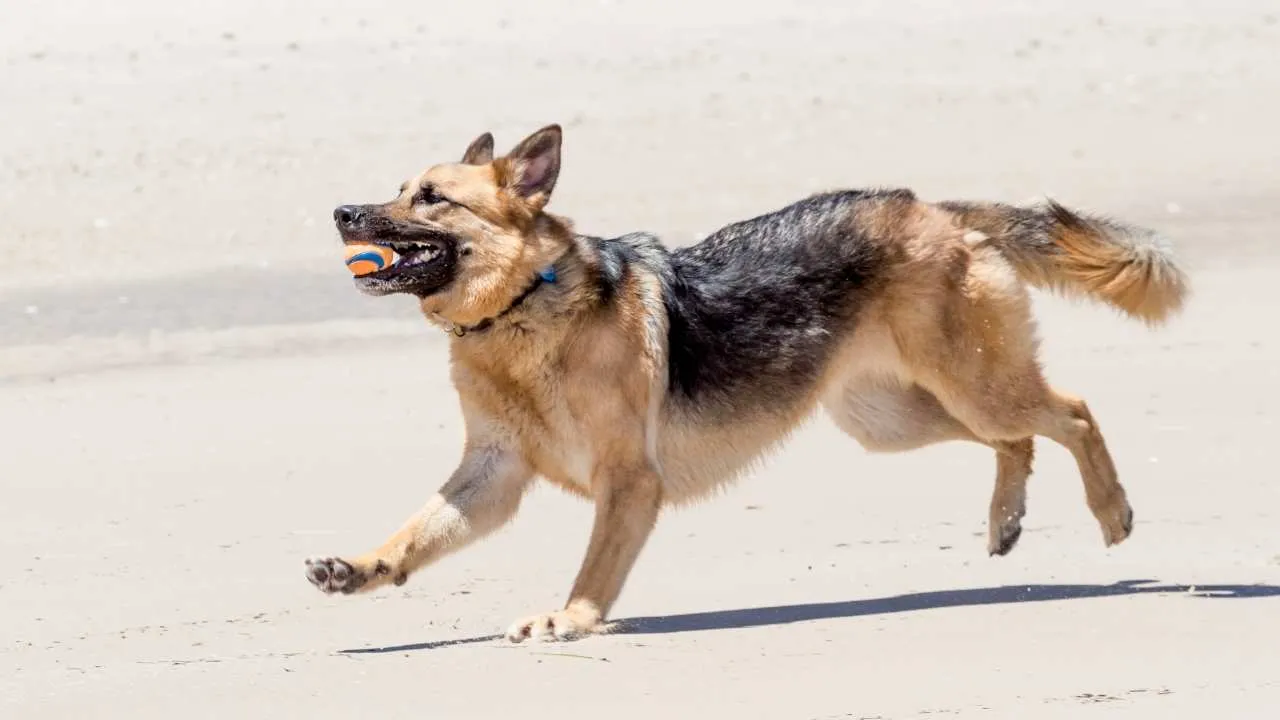
Few dogs embody loyalty and courage as deeply as the German Shepherd. Renowned for its steadfast devotion, this breed forms unbreakable bonds with its family, often reading emotions and responding with protective instinct.
Always alert, the German Shepherd stands ready to defend home and loved ones, making it one of the world’s most trusted guardians.
Bred originally for herding, the German Shepherd’s intelligence and work ethic quickly made it a favorite in police and military roles.
It thrives on structured training, consistency, and clear leadership—responding best to positive reinforcement and purposeful tasks. Their remarkable focus allows them to learn complex commands and adapt to diverse situations with ease.
Safety Considerations: Needs firm, calm training and early socialization.
Barking Level: Moderate; uses barking to alert, not for attention.
Alertness: Exceptionally high; constantly aware of surroundings.
Skills: Tracking, obedience, protection, search and rescue.
Daily exercise, mental challenges, and companionship are essential to keep this breed balanced and confident. A spacious home or active lifestyle suits them best, where they can combine loyalty, protection, and purpose seamlessly.
2. Rottweiler
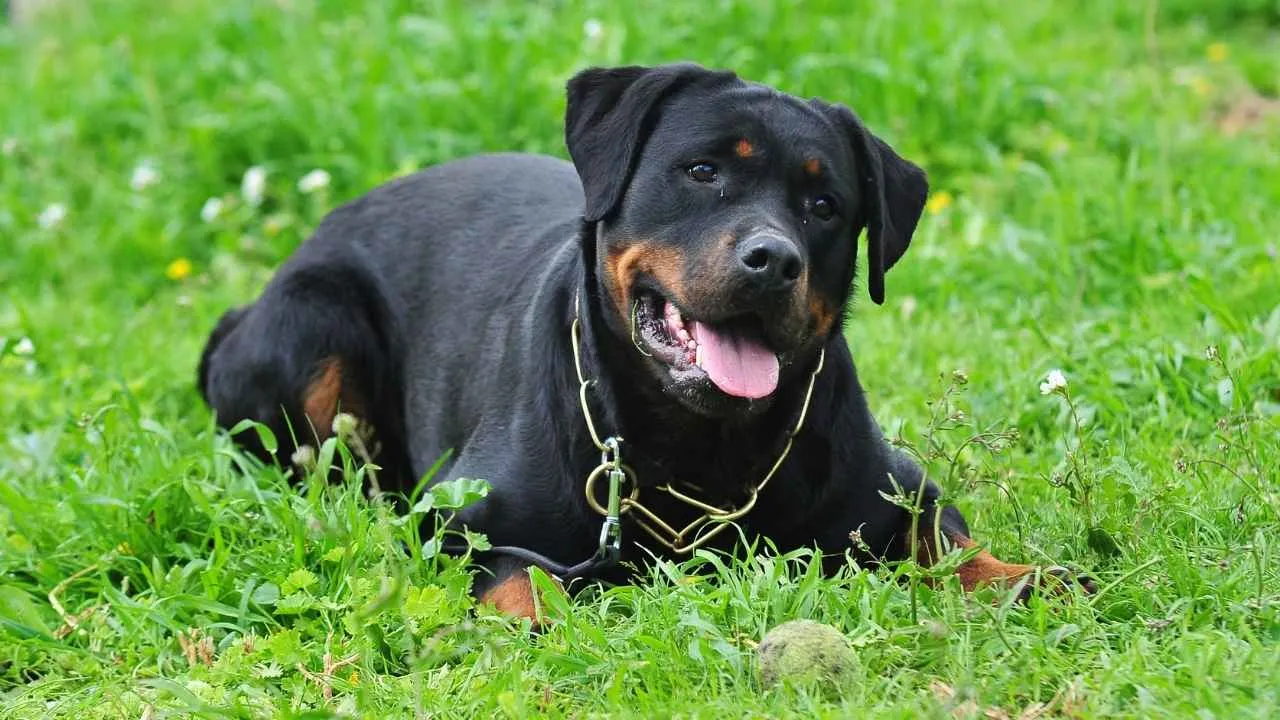
The Rottweiler is a picture of loyalty wrapped in strength and confidence. Deeply devoted to its family, this breed builds powerful emotional connections and shows unwavering protection when it senses potential threats.
Calm and composed under normal conditions, the Rottweiler transforms into a fearless guardian when duty calls.
Originating as a cattle-driving and guarding dog, the Rottweiler’s lineage explains its natural authority and intelligence.
AKC adds that it responds best to balanced, reward-based training that emphasizes respect and consistency. Quick learners, they enjoy challenges that stimulate both body and mind, thriving when given purposeful work and boundaries.
Safety Considerations: Ideal for experienced owners who provide structure.
Barking Level: Low to moderate; barks only when necessary.
Alertness: Strong territorial awareness and rapid threat detection.
Skills: Protection, guarding, obedience, and endurance work.
This breed flourishes in spacious homes with confident handlers. With regular exercise, discipline, and affection, a Rottweiler becomes not just a protector but a loyal family companion with unmatched devotion.
3. Doberman Pinscher
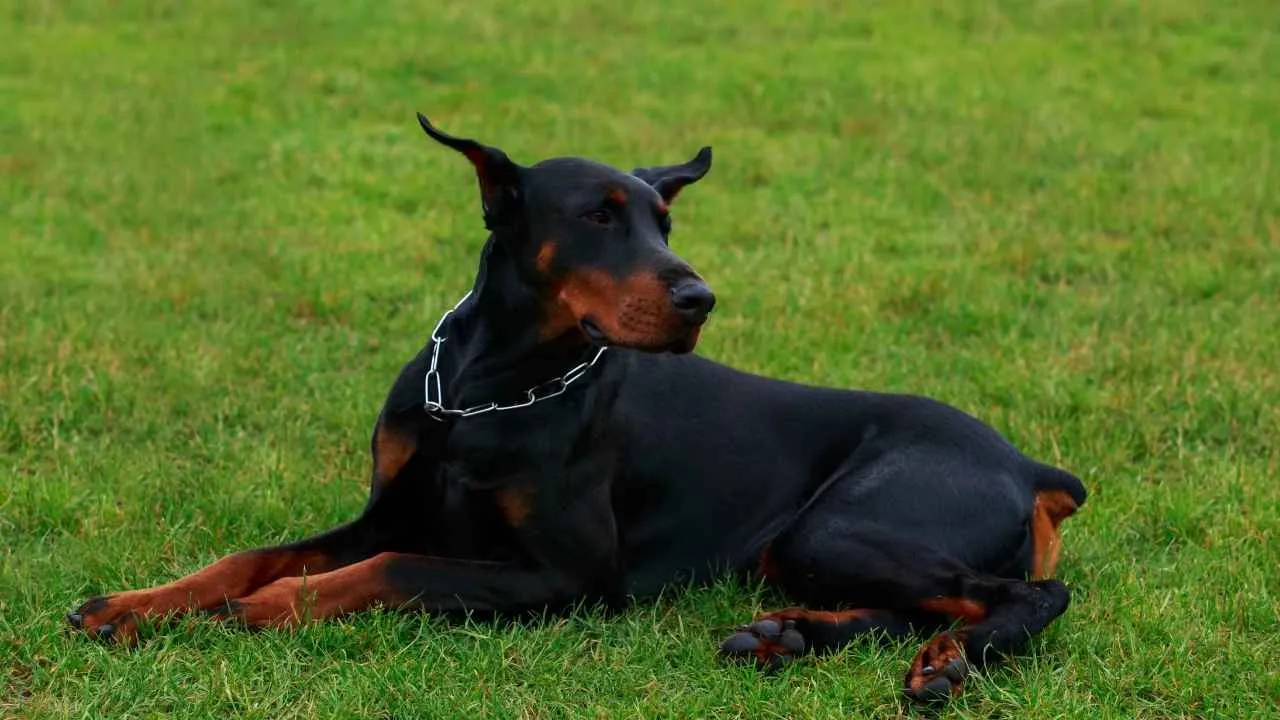
Elegant, athletic, and incredibly loyal, the Doberman Pinscher embodies the perfect blend of grace and protection. Its deep devotion to family creates a sense of security that few breeds can match.
Always observant and fearless, the Doberman guards with intelligence rather than aggression, choosing precision over impulse.
Bred for personal protection, this breed’s quick reflexes and sharp mind make it a top choice for home defense.
They respond beautifully to positive reinforcement and thrive under patient, confident trainers. Their loyalty strengthens through consistent mental challenges that keep them alert and emotionally balanced.
Safety Considerations: Needs early socialization and steady leadership.
Barking Level: Moderate; strategic rather than excessive.
Alertness: Extremely high; quick to sense changes in the environment.
Skills: Guarding, obedience, agility, scent work.
Purina notes that an active household suits the Doberman best. They require daily exercise, interactive play, and strong companionship—thriving as devoted protectors who combine affection with vigilance.
4. Belgian Malinois
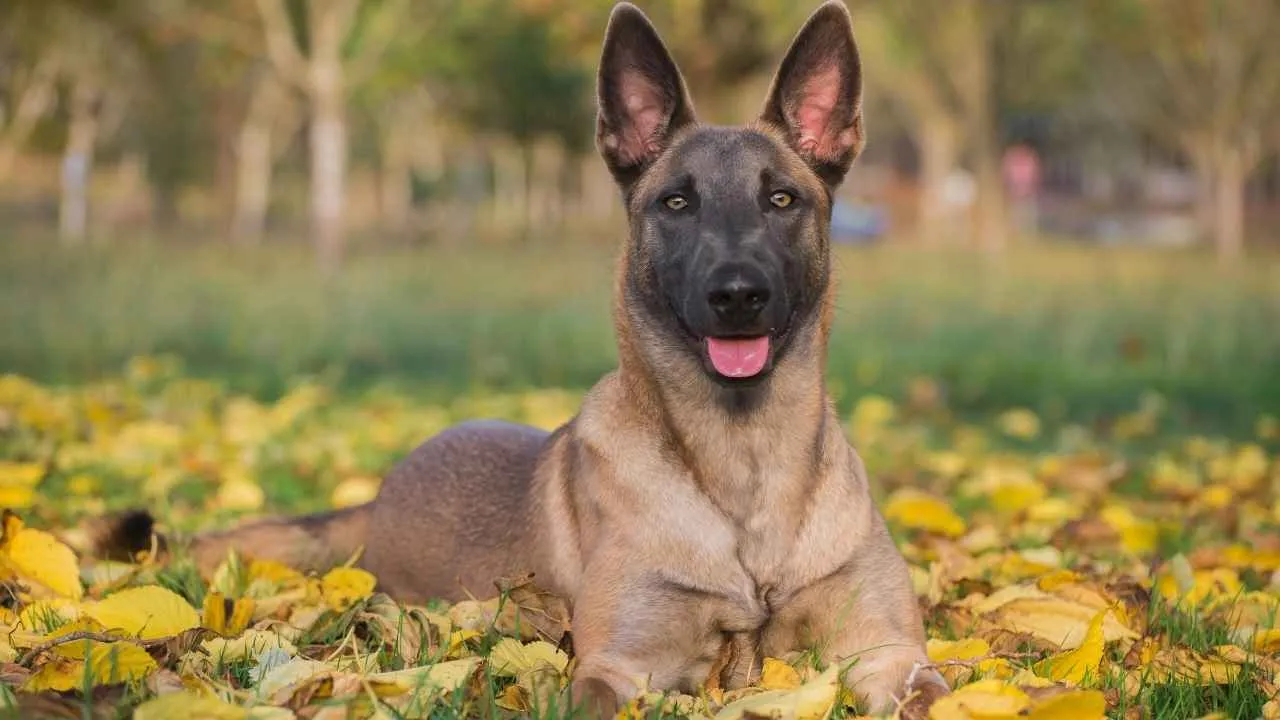
The Belgian Malinois is a powerhouse of loyalty, energy, and focus. Known for its deep connection to its handler, this breed doesn’t just protect—it anticipates. Fiercely loyal and alert, it treats every member of the family as part of its “pack,” ensuring safety through instinct and agility.
Originally bred for herding, the Malinois evolved into one of the most skilled working dogs worldwide. It excels in obedience and protection tasks, showing exceptional responsiveness to direction.
Their drive demands firm yet fair training with consistent physical and mental engagement to channel their intensity productively.
Safety Considerations: Requires experienced owners and daily engagement.
Barking Level: Moderate to high; vocal when sensing unusual activity.
Alertness: Exceptionally sharp; detects subtle movement and sound.
Skills: Police and military work, detection, agility, obedience.
With high energy and intelligence, the Belgian Malinois thrives in active homes or rural spaces. When properly trained, it becomes a loyal, tireless protector and an intelligent partner in every sense.
5. Akita
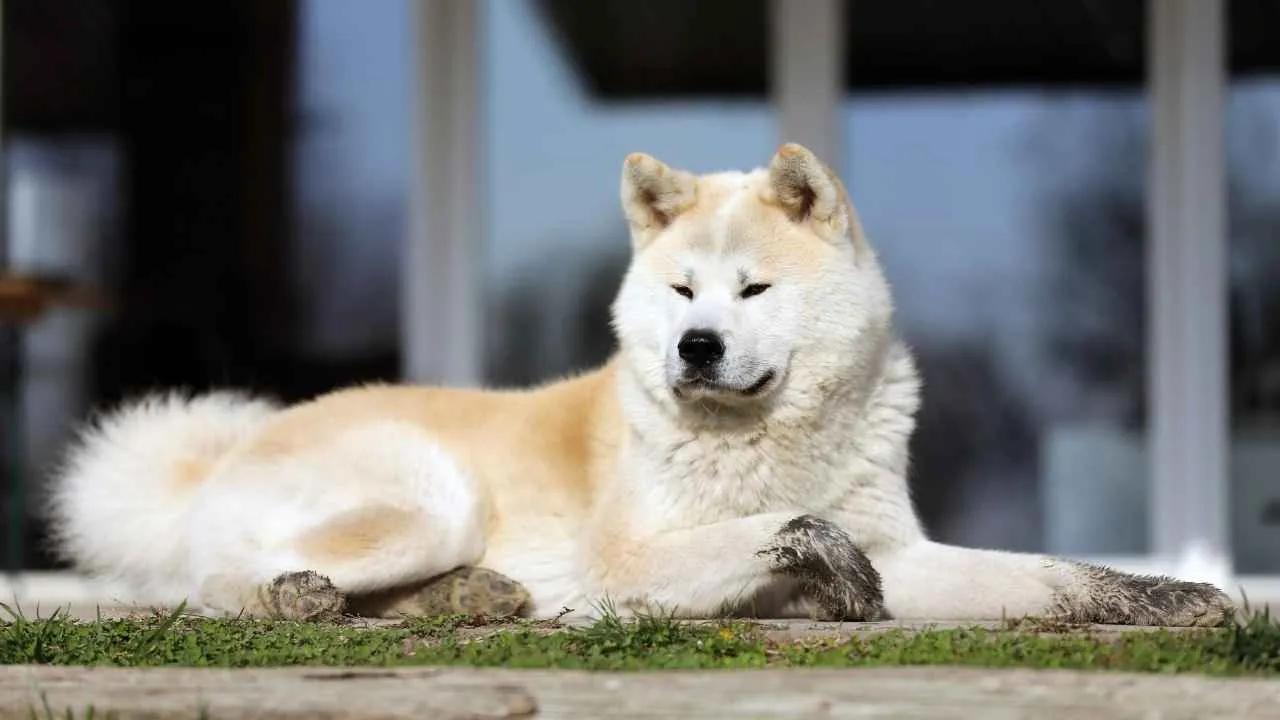
The Akita is a symbol of loyalty and dignity, known for its unwavering devotion to family and instinctive guardianship. Reserved yet affectionate, this noble breed guards quietly but effectively, always alert to changes in its surroundings. Its loyalty is legendary—once bonded, an Akita’s protection is absolute.
Originating from Japan, the Akita was bred to guard royalty and hunt large game, which explains its courageous nature and steady confidence.
Intelligent and independent, it benefits most from calm, patient training that emphasizes respect and clear communication. PDSA assures that early socialization helps refine its strong guarding instincts.
Safety Considerations: Best suited for confident, consistent handlers.
Barking Level: Low; prefers to act rather than make noise.
Alertness: High; notices unfamiliar scents and sounds instantly.
Skills: Guarding, endurance, and territorial defense.
Akitas thrive in peaceful, structured homes with plenty of space. When cared for properly, they offer unmatched loyalty—protecting both property and hearts with quiet strength.
6. Boxer
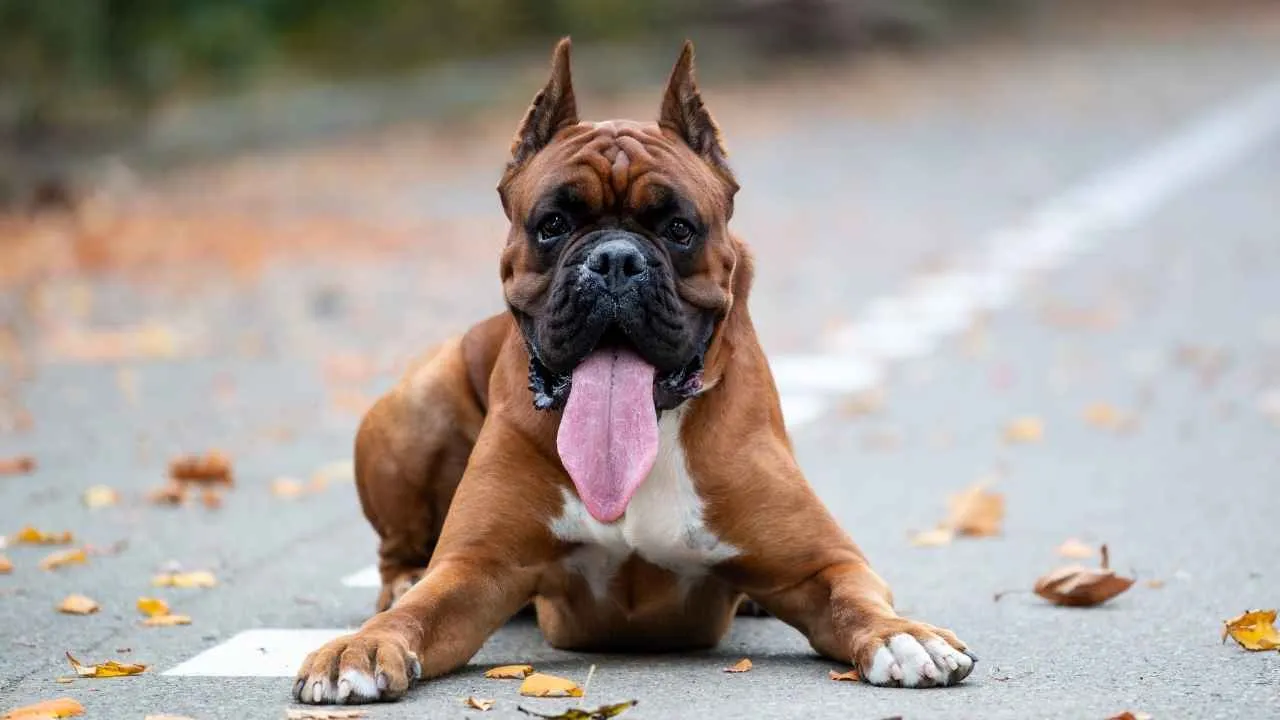
Energetic, loyal, and full of personality, the Boxer is both a joyful companion and a steadfast guardian. Its natural affection toward family members, especially children, makes it one of the most reliable and loving protection dogs. Playful by nature, yet fearless in defense, the Boxer’s loyalty never wavers.
Originally bred for hunting and working, the Boxer’s athletic build and intelligence make it highly trainable. It responds enthusiastically to positive reinforcement and interactive training sessions.
The breed’s keen awareness and eagerness to please ensure it remains vigilant without unnecessary aggression.
Safety Considerations: Needs firm but friendly guidance and routine.
Barking Level: Moderate; vocalizes mainly for alerts.
Alertness: Strong situational awareness and protective intuition.
Skills: Family guarding, agility, obedience, and companionship.
Daily exercise, play, and human interaction keep this breed happy and stable. The Boxer flourishes in family homes where activity and affection go hand in hand—making it both protector and playmate.
7. Great Pyrenees
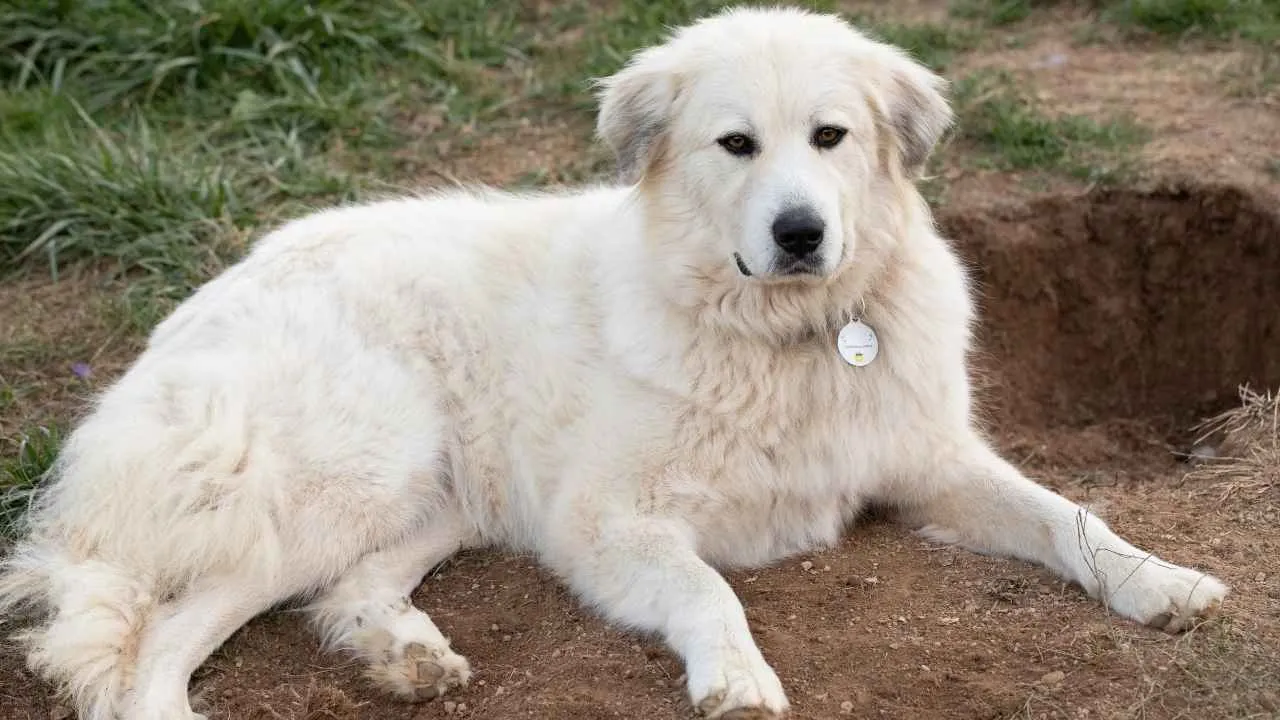
Gentle yet commanding, the Great Pyrenees blends loyalty with quiet authority. Deeply devoted to family, it stands watchful and patient, preferring calm vigilance over aggression. This breed’s loyalty runs deep—it was bred to protect livestock but extends that same dedication to its human household.
Originating in the Pyrenees Mountains, this guardian was built for endurance and judgment rather than speed. Independent by nature, it benefits from consistent, positive training that reinforces leadership. Known for its intelligence and strong will, it thrives when given responsibility and space.
Safety Considerations: Requires early training and secure boundaries.
Barking Level: High; uses its voice to warn and deter threats.
Alertness: Excellent night guardian; steady and observant.
Skills: Livestock guarding, perimeter protection, family defense.
Best suited for large homes or rural properties, the Great Pyrenees enjoys moderate activity and cool climates. Its serene temperament and unwavering loyalty make it an exceptional guardian and a deeply faithful companion.
FAQs
1. What makes a guard dog breed truly loyal and protective?
A truly loyal and protective guard dog has a strong natural instinct to defend its family and territory. These breeds combine high intelligence, emotional awareness, and consistent training to recognize threatening situations and act decisively—not out of fear, but devotion. Their protective nature comes from both genetics and the deep bond they form with their owners.
2. Are loyal guard dogs difficult to train for home protection?
Not at all—most are eager learners when given the right training and mental stimulation. While breeds like the Rottweiler or Doberman Pinscher need firm guidance, they respond well to positive reinforcement and early socialization. The key is starting young, keeping routines consistent, and building trust through patience and structure.
3. Can loyal guard dogs also be affectionate family pets?
Absolutely! The best guard dog breeds are not just protectors but also great family pets. With proper care and balance between discipline and affection, they coexist wonderfully with children, other dogs, and even cats. Once bonded, their loyalty extends beyond guarding—they become lifelong companions and beloved members of the family.
Conclusion
The most protective dog breeds aren’t just bodyguards—they’re heart-warming heroes with a protective nature that shines in family life. With proper training and love, breeds like the Rottweiler, Doberman Pinscher, and German Shepherd become loyal companions and great family pets.
Don’t forget the Bullmastiff, Cane Corso, or Rhodesian Ridgeback—these natural guard dogs have the courage and smarts to act decisively when it counts. Even the Giant Schnauzer and Staffordshire Bull Terrier can thrive with training and socialization from a young age.
So, dog lovers—ready to find your best guard dog? With consistent training and plenty of mental stimulation, your new protector might just become the family’s favorite cuddle buddy.


